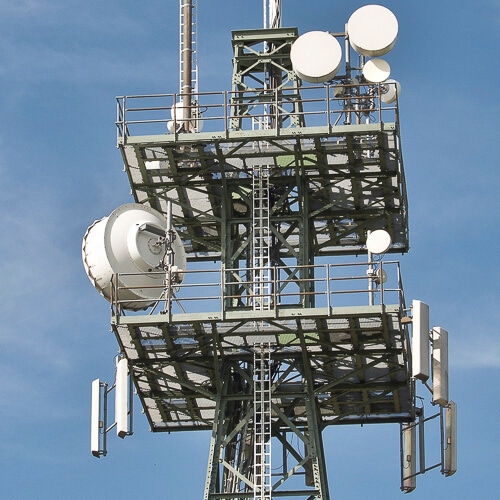Aviat looks to pass Nokia with $235M play for Ceragon
Aviat Networks is launching a $235 million takeover bid for Ceragon Networks in a move that would put the combined company ahead of Nokia in microwave backhaul. But Ceragon doesn't sound too interested.

Austin, Texas-based Aviat Networks said it's launching a $235 million takeover bid for rival Ceragon Networks. If the effort is successful, the transaction would create a microwave backhaul provider larger in size than Nokia, and just behind market leaders Huawei and Ericsson, according to the financial analysts at B. Riley Securities.
However, Ceragon apparently isn't terribly interested in a merger, at least according to Aviat's CEO.
Figure 1:  (Source: Pixabay)
(Source: Pixabay)
"Over the past year, we have sought to engage on numerous occasions with Ceragon's board and management team to negotiate terms for a transaction that we are confident would deliver meaningful near- and long-term value for shareholders of both companies," Aviat CEO Peter Smith said in a statement. "We have twice attempted to reasonably address concerns voiced by Ceragon, and have met only with delay and rejection."
Indeed, Smith said Aviat has been unsuccessfully pursuing a merger with Ceragon for roughly a year now. "We are left with no choice but to take our compelling proposal directly to your shareholders by making its terms public," he wrote.
Aviat is Ceragon's third largest shareholder, with around 5% of the company. It's now calling for an "extraordinary general meeting of Ceragon shareholders" in order to clear out Ceragon's board with executives who will approve the merger.
"Ceragon's board of directors in consultation with its advisors will review the letters and shall duly act in the interests of the company and its shareholders and in accordance with applicable law," Ceragon wrote in a release responding to Aviat's bid. "Ceragon's shareholders need not take action at this time."
"Although this would be a significant transaction for Aviat, we don't expect management to get into a bidding contest should a competitive bid emerge," wrote the B. Riley Securities analysts.
Microwave backhaul is one of several technologies that mobile network operators can employ to transmit data from their cell towers back into the wider, global Internet. Although most 5G operators prefer to use fiber backhaul where available, due to its massive capacity, they can also use microwave, satellite or other connection technologies where fiber is not available. According to Ericsson, microwave products account for just under 20% of all backhaul connections in North America, but that figure ranges up to 80% in places like India.
In general, backhaul accounts for around 15% or more of a mobile network operator's total spending, according to estimates from the GSMA.
Related posts:
— Mike Dano, Editorial Director, 5G & Mobile Strategies, Light Reading | @mikeddano
About the Author(s)
You May Also Like











